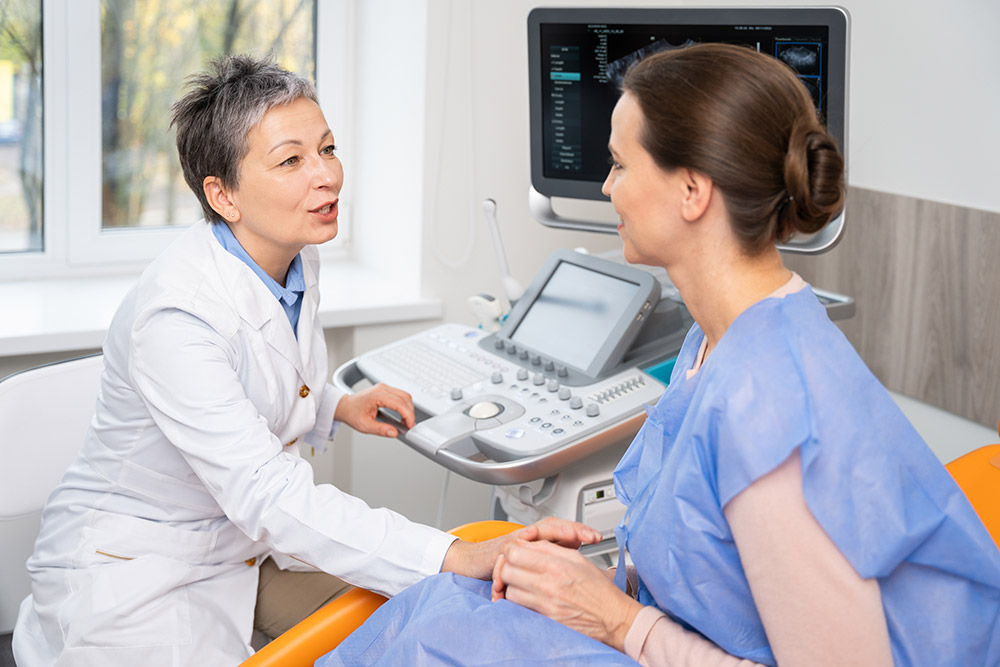What Is Diverticular Bleeding?
Diverticular bleeding occurs when small pouches (diverticula) that form in the lining of the colon start to bleed. These diverticula develop naturally with age. While most episodes stop on their own, some require prompt medical evaluation and treatment.
Common Causes and Risk Factors
- Age over 50
- Low-fiber diet
- Being overweight
- Lack of regular physical activity
- Long-term use of NSAIDs (e.g., ibuprofen)
- Smoking or heavy alcohol use
- Family history of diverticulosis
Signs and Symptoms
- Bright red or dark blood in the stool
- Sudden, heavy rectal bleeding
- Dizziness or lightheadedness
- Weakness or drop in blood pressure
- Abdominal cramps (less common)
Expert Treatment for Diverticular Bleeding by Dr. Bharat Pothuri
Dr. Pothuri uses a step-by-step approach:
Medical History and Exam
He reviews your symptoms-such as rectal bleeding, dizziness, and cramping-along with your past medical history, diet, medication use (NSAIDs), and risk factors.
Blood Tests
We check your complete blood count for anemia and assess clotting studies to rule out other bleeding disorders.
Endoscopic Evaluation
- Colonoscopy -A high-definition camera examines the colon lining to locate active or recent diverticular bleeding.
- Therapeutic scope -If a bleeding diverticulum is found, Dr. Pothuri can apply clips or thermal therapy on the spot.
CT Angiography (if needed)
This specialized scan identifies active bleeding vessels in real time and guides interventional radiology for embolization if endoscopic control isn't sufficient.
Frequently Asked Questions
What are the signs of diverticular bleeding?
Bright red or dark blood in your stool, sudden heavy rectal bleeding, dizziness, lightheadedness, or weakness. Seek help right away if bleeding is heavy or you feel faint.
Is diverticular bleeding an emergency?
Yes. If you experience significant bleeding, feel dizzy or faint, go to the ER or call our office immediately.
How does Dr. Pothuri treat diverticular bleeding?
He uses colonoscopy with endoscopic therapy and, when needed, CT angiography and angiographic embolization to stop bleeding without open surgery.
Can diet and lifestyle prevent diverticular bleeding?
Yes. A high-fiber diet, adequate hydration, regular exercise, and avoiding long-term NSAID use can help reduce your risk.
Will I need surgery for diverticular bleeding?
Most people do not. Surgery is rare and reserved for severe or recurrent bleeding that doesn't respond to endoscopic or radiologic treatment.
Do I need a referral to see Dr. Pothuri?
No referral is required. You can book an appointment directly with our office for expert care and evaluation.












